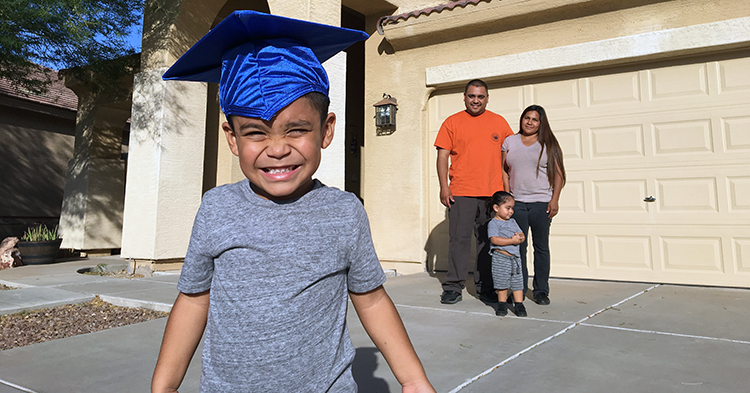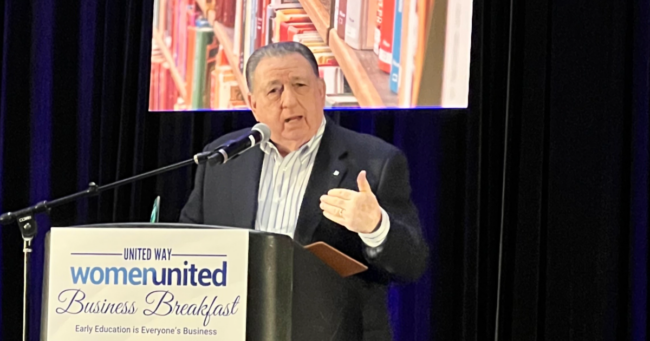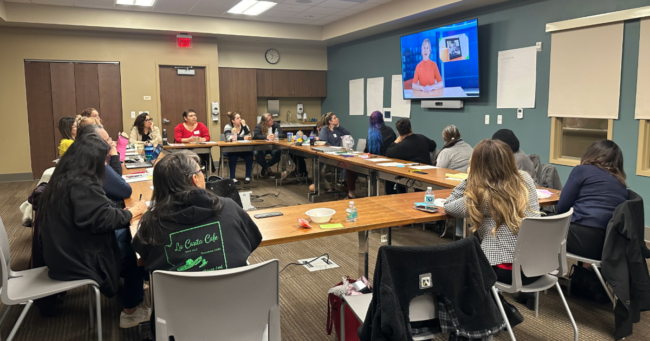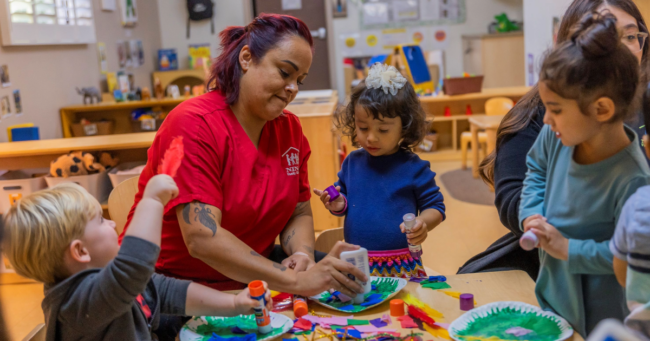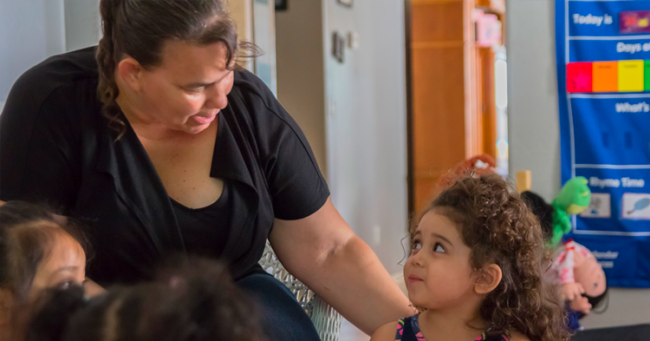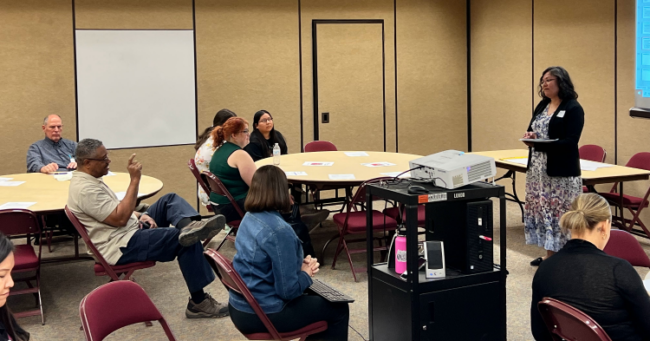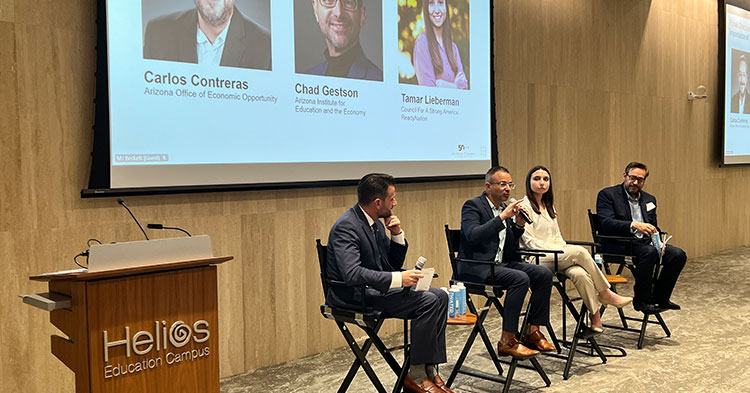
First Things First, in partnership with the Arizona Chamber of Commerce and Industry, recently brought together about 100 business leaders and early childhood leaders to discuss solutions to Arizona’s child care crisis, which costs the state $4.7 billion annually in lost earnings, productivity and revenue.
Gov. Katie Hobbs addressed the attendees through a prerecorded video, where she mentioned that her state fiscal year 2025 budget proposal includes a one-time appropriation of $100 million for child care assistance. This will prevent an estimated 5,200 children in low-income working families from being placed on a child care assistance waitlist. It would also continue enhanced quality reimbursement rates to help ensure child care providers maintain quality care.
In Arizona on average, businesses lose $2,020 per working parent annually through reduced revenue and in extra hiring costs. This is one of the topics that was discussed at the Arizona Chamber of Commerce & Industry and First Things First Community Forum: Arizona Doesn’t Work Unless Child Care Works.
“We all know the value of a productive employee is worth the investment,” Arizona Chamber President and CEO Danny Seiden told the audience before introducing the panel. “You’re all here today because you recognize the urgency of this issue and have a role to play in addressing it.”
Access, affordability and quality
Seiden led a panel discussion with Chad Gestson, head of the Arizona Institute for Education and the Economy; Carlos Contreras, who leads the Arizona Office of Economic Opportunity and Tamar Lieberman of Council For A Strong America/ReadyNation.
“When it comes to the main drivers around the child care crisis in Arizona, from the parents’ perspective we see that 70% of the parents have trouble finding child care,” Lieberman said. “And they cite three critical reasons: access, affordability and quality, in that order.”
ReadyNation, part of the Council for a Strong America, a bipartisan nonprofit focused on education and child care policy, recently released a study that “found that the lack of adequate child care imposes substantial and long-lasting economic consequences in Arizona.” The study found that the state loses $4.7 billion each year because of child care challenges for children from birth to age 5.
The lack of accessible and affordable child care can wreak havoc on parents’ work lives. More than half of parents report being late for work, leaving work early or being distracted at work due to child care problems. Nearly two-thirds reported missing a full day of work, while 28% of parents have quit a job due to child care problems. These impacts to employees impact business and their bottom line.
“Arizona’s been booming, we’re fourth in the nation in terms of growth year-to-year,” Contreras said. “(We’ve filled) 80,000 jobs, there’s also 160,000 more jobs that are open. We still have a lot of room to grow. If we fix this issue we can grow more from an economic perspective.
“On the people side of this, how do we open doors so this talent has the ability to participate in this economy? As we talk to business leaders and we ask them, ‘What’s your number one problem?’ Workforce is their number one answer. There’s a great opportunity that is great for business. It’s good for kids. It’s good for our next generation of children that are coming up to learn these skills.”
Gestson, the founding executive director at the Arizona Institute for Education and the Economy at Northern Arizona University, described his institute as a solutions institute.
He reminded the audience of the beginning of the COVID-19 pandemic in March 2020, which brought to light child care challenges.
“America built an economy based on moms and dads dropping children off and going to work,” Gestson said. He spoke of the educational and mental health challenges of children being out of school. “But really, why we wanted children to go back to school is because we needed to send adults back to work. And we forgot that already, how critically important that was. That was K-12. And the reality is that the pandemic challenge of K-12 is what happens every day in birth through 5 for many of our families. ”
FTF Vice Chair Steve Lynn closed the event with an intentional thank you to event sponsors Freeport-McMoRan and Intel Corporation.
‘Be a voice’
“This is an amalgamation of those who serve early childhood and those who believe in community to the point that they are willing to support the efforts to put this program on and will continue to do that because of those commitments,” Lynn said.
He also lauded the Arizona Chamber of Commerce and a multi-state early childhood and business advisory council led by the US Chamber of Commerce Foundation for being focused on finding solutions.
“Those are foundational organizations that on an ongoing basis will be the voices of children who otherwise can not get in front of legislators and elected officials. We need to speak for them and we can and we do.”


